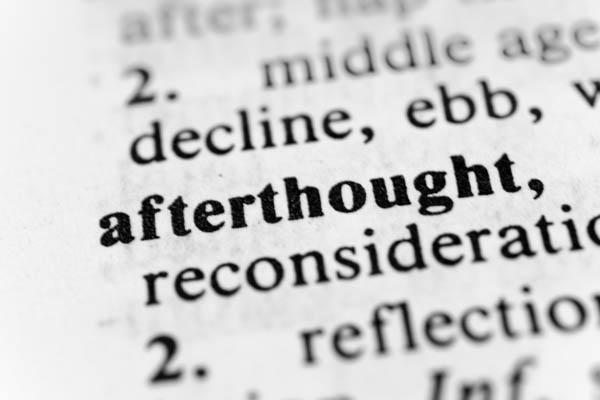Will Lawyers Melbourne – Wills, Codicils & Estate Planning
At CKL Lawyers our experienced Will Lawyers take a caring approach because every person has different wishes. Planning for your Estate can be one of the most important things you do to protect your family. We give personalised advice and take the time to listen to you and discuss your wishes.
Wills – Making Your Will – Protecting Your Family
Have our experienced Wills & Estate Planning Lawyers write up your Will.
Why make a Will?
The law is very clear. If you don’t have a Will, when you die, your assets will be divided by a formula in the Administration and Probate Act, and not as you want.
At CKL Lawyers, we spend the time to discuss your Will with you and draw up your Will according to your wishes.
What should I consider when making a Will?
- Who do I appoint as my Executor?
- Who do I want to leave my assets to, so that I provide for my children and give specific items to other relatives or friends?
- Should I appoint a Guardian if my children are under a specific aged threshold?
- Should I appoint a Trustee to administer my estate until all my dependents become of age?
- How can I give to Charity in my Will?
- How the funeral & burial is to be conducted.
- Should I have a Testamentary Trust?
- Can I provide Life interests in property for certain members of the family, whilst still being able to eventually bequeath the asset to whoever I want? See also our section on Family Law and Marriage Breakup. or information on the consequences of your assets in a new relationship or the breakup of any existing relationship.
- You can make unusual bequests such as leaving funds to look after a beloved pet in a particular way, or distributing assets only after certain restrictive actions have been met by the beneficiary. These clauses require careful drafting to ensure that they are not challenged.
As experienced Estate Planning Lawyers in Melbourne, we can draw up a Will to reflect your wishes. It is extremely important to ensure the Will is drawn up in such a way that it can’t be challenged. (link to challenging a Will).

Codicils – Ask Our Expert Will Lawyers
When can I change my Will using a Codicil instead of making a whole new Will?
There are times when you can make minor changes to your Will by adding a Codicil. As experienced Will Lawyers, we can advise when it is appropriate to make a Codicil.
What is a Codicil?
Making a Codicil is easy and quick. It is an additional legal document that forms part of your current Will and will be used by your Executor.
What minor changes can be done using a Codicil?
- A change of Executor
- A change of Guardian
- A wording change in a Testamentary clause
- A change of bequest. This is where you can change your mind who you want to give or deny, anyone in your current Will a share of your estate.
If there are many changes that need to be made, our Will Lawyers right here in Melbourne will advise you if it is more appropriate to make a whole new Will.

Superannuation
You may receive a tax relief if the nominated beneficiary under a superannuation fund is interdependent with the deceased.
Whatever your need, we can advise you of the best set of legal documents (Will, Powers of Attorney, Trusts/Company structures) to protect you and your family in the future.
Contact Us
Take The First Step - Contact Us
Our friendly CKL team will be in touch shortly.
